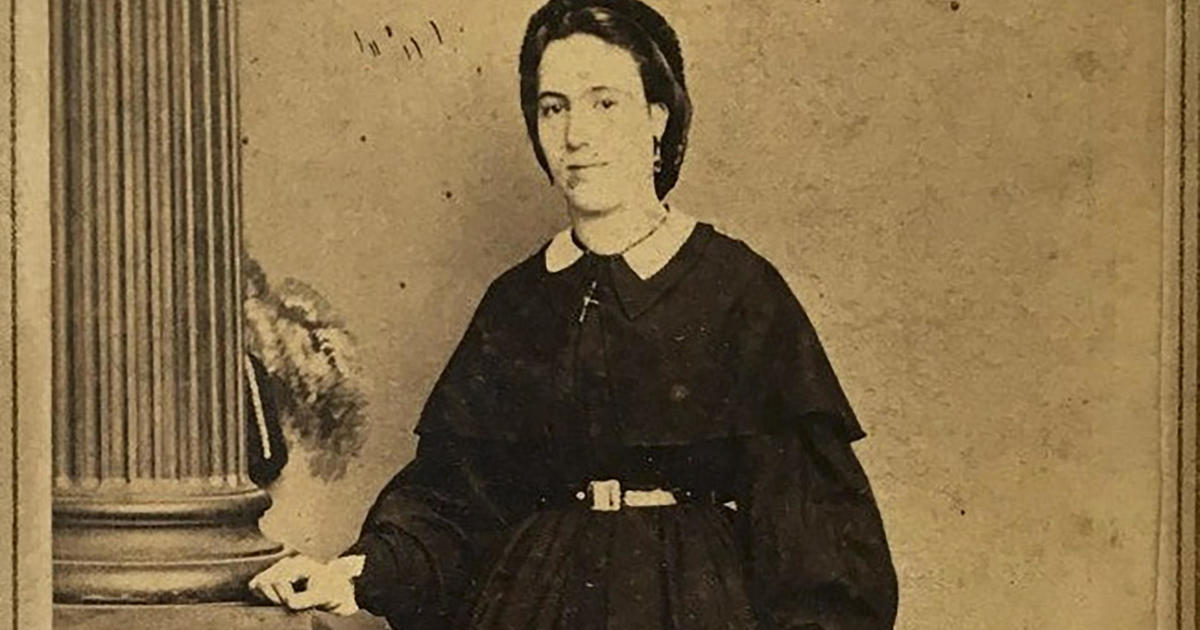Could Debbie Reynolds have died of a broken heart?
Hollywood icon Debbie Reynolds died Wednesday at the age of 84, just one day after her daughter, 60-year-old Carrie Fisher died after falling ill on a flight.
Reynolds’ son Todd Fisher said his sister’s death was “just too much” for his mother.
“She said, ‘I want to be with Carrie,’” Fisher told The Associated Press by phone from Cedars-Sinai Medical Center in Los Angeles, where Reynolds had just died after being rushed there earlier in the day. “And then she was gone.”
While the official cause of death has yet to be revealed, many have raised the question: Could Debbie Reynolds have died of a broken heart?
It is possible, according to science. There’s even a name for the condition: stress-induced cardiomyopathy, or more simply, broken heart syndrome.
“Basically, when you’re under a lot of emotional stress... you have this huge release of things called catecholamines. That’s adrenaline, norepinephrine, [and] dopamine, and they can affect the heart and the blood vessels. They flood the heart and what’s thought to happen, although it’s not entirely clear, is that they stun the heart muscle,” CBS News chief medical correspondent Dr. Jon LaPook told “CBS This Morning.”
The heart’s left ventricle, which is responsible for pumping blood to tissues all over the body, can stop working normally, LaPook explains, which can lead to a blood clot and stroke.
What happens in that scenario, he says, is that the muscle of the left ventricle can balloon out, and a blood clot can form in that ballooned-out portion of the heart. The clot can then break off and travel to the head, causing a stroke.
LaPook says he has seen cases in treating his own patients; he was not involved in Reynolds’ care.
Broken-heart syndrome was first identified in Japan about 25 years ago. According to a study in the American Journal of Cardiology, 6,230 cases were reported in the U.S. in 2012. Approximately 90 percent of those affected are women, though men can get it, too. The condition typically occurs in post-menopausal years, with the average age around 65.
The condition is generally thought to be brought on by strong emotion, such as grief or anxiety.
“It gets the term broken-heart syndrome because it’s often a severe emotional stress like the death of a loved one or some very upsetting news,” Dr. Harmony Reynolds, a cardiologist at NYU Langone Medical Center, told CBS News earlier this year. “Almost having an accident, we’ve seen a couple of patients like that.”
Symptoms of broken heart syndrome are similar to a heart attack, including chest pain, shortness of breath, and pain down the left side of the arm. Women tend to have more atypical symptoms of heart attack than men, such as nausea, fatigue, and breaking out in a cold sweat.
Most people who suffer from broken heart syndrome will recover, LaPook says, but it can result in death from heart attack or heart failure.
LaPook says if anything feels off, it’s important to see your doctor.
“I always tell people nobody knows your body better than you,” he said. “If you’re just not feeling right, there’s something wrong, if the hairs on the back of your neck are standing up, call your doctor because something could be up.”





